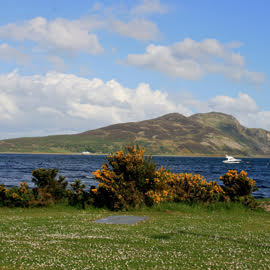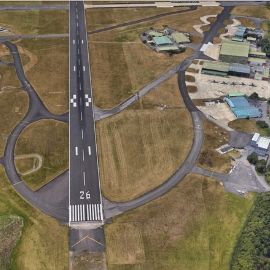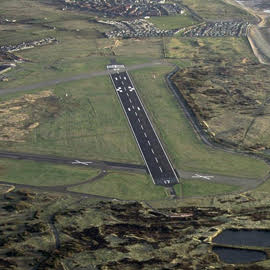Why assess radar impact?
Building developments and wind developments can adversely affect radar in their vicinity – for buildings concerns are most common within 20 km, for wind developments this range is typically around 50 km for an airport radar or much further for other types of radar. These ranges are not set in stone, they are provided only for some general context.
Radar concerns that become apparent at a late stage in the development process e.g. within a few weeks of the planned submission can have very serious consequences for the development including delay, changes to design or even refusal of permission.
What are the benefits of a Pager Power Radar Impact Assessment?
Pager Power’s radar impact assessment will identify and quantify the constraints, as well as inform next steps in order to progress the project.
Pager Power has been conducting aviation and radar impact assessments for more than fifteen years. All Pager Power reports are designed to be:
- Comprehensive – covering all the relevant aspects for each individual proposed development.
- Up-to-date with reference to current guidelines from the relevant bodies and recent industry developments.
- Understandable to non-experts and experts alike.
Pager Power has experience at all stages of development, from scoping, to planning, to discharging conditions and appeals/public enquiry.
What does a Pager Power Radar Impact Assessment Cover?
Overview
Potential radar issues for buildings and wind developments can be extensive and varied depending on the specific scenario. Bespoke requirements will be determined at the outset based on developer requirements and the development type relative to its location. Typical considerations are set out below.
Radar Type
All radar are not equal. The most common civilian-use radar types are Primary Surveillance Radar and Secondary Surveillance radar – each of which can have various ranges. Other types of radar include Precision Approach Radar (military) and meteorological radar (for monitoring the weather).
Line of Sight Analysis
Technical assessment to determine whether the development will be ‘visible’ to the radar is undertaken.
Detectability Analysis
Where appropriate, technical analysis to determine the likelihood of a radar detecting a proposed development is undertaken. This is generally only applicable for primary surveillance radar and wind turbines.
Mitigation Overview
A brief description of solutions to any predicted impact is presented for reference.
Recommendation
Recommended next steps to progress the development based on the report findings are set out.
If you’d like to discuss this service with a member of our team, please get in touch.

“I am very pleased with the excellent support I have received from Pager Power. Our Albert Island development sits immediately outside London City Airport’s boundary. Pager Power has helped us maximise the size of the development whilst liaising with the Airport. Pager Power has assessed physical safeguarding, instrument flight procedures, radio navigation aids, glint and glare, lighting, turbulence and the Public Safety Zone.”
Geoffrey Springer
UK Development Director, London & Regional Property


How can we help you today?



THE SECTORS WE SERVE








